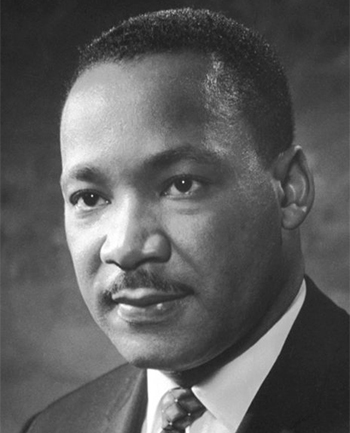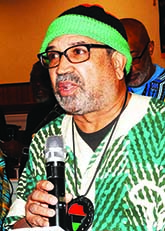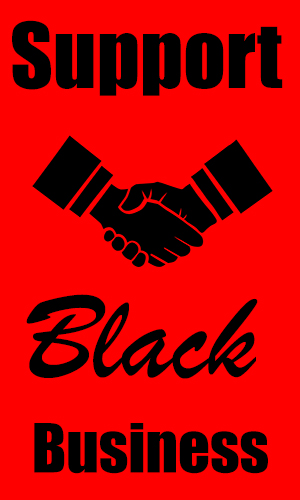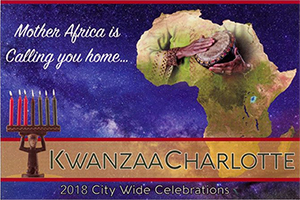
Some Thoughts On Dr. King’s Most Powerful Quotes

By Makheru Bradley

As we gather in 2020 to celebrate the life and legacy of Dr. Martin Luther King, Jr., there is a critical need, in these turbulent times, to focus on the total scope of Dr. King’s thoughts and practices.
It is a fact that the heirs of the powerful forces who organized against the efforts of Dr. King in 1967-68, have sought since the 1986 federal establishment of the King holiday, to control the narrative of Dr. King’s legacy and reduce him to a mere dreamer, to freeze him on the steps of the Lincoln Memorial in 1963.
The King We Need In 2020
Cowardice asks the question, 'Is it safe?' Expediency asks the question, 'Is it politic?' Vanity asks the question, 'Is it popular?' But, conscience asks the question, 'Is it right?' And there comes a time when one must take a position that is neither safe, nor politic, nor popular, but one must take it because one's conscience tells one that it is right."—Dr. King
Martin Luther King, driven by his moral conscience was one of the most courageous people in world history. He challenged the Afrikan American masses of the Deep South to overcome their fears, thus mobilizing them into action against American Apartheid. The grassroots of the South, along with young Afrikan Americans, who were mostly college students, became the driving force for civil and voting rights. Once mobilized, they risked their lives and livelihoods to reform the United States. Given the current rise of institutional and individual white supremacy, there is a need for people of conscience to overcome their fears and mobilize beyond another drive for reforms, to establish the power to neutralize the capacity of white supremacists to impose their will over us.
“True peace is not merely the absence of tension: it is the presence of justice.” – Dr. King
The American power structure, be it conservative, moderate, or liberal, from George Washington to Donald Trump, has never been interested in the presence of justice. Those claiming to believe in “justice for all” only want justice for some and no tension from the rest. The victims of injustice must understand this and not accept the absence of tension as a solution to injustice.
“The problem is so tenacious because, despite its virtues and attributes, America is deeply racist and its democracy is flawed both economically and socially.
Our moral values and our spiritual confidence sink, even as our material wealth ascends. In these trying circumstances the Black revolution is much more than a struggle for the rights of Negroes. It is forcing America to face all its interrelated flaws--racism, poverty, militarism, and materialism. It is exposing evils that are rooted deeply in the whole structure of our society. It reveals systemic rather than superficial flaws and suggests that radical reconstruction of society itself is the real issue to be faced.” – Dr. King
The mass movement of the 1960s for justice and power exposed America’s “interrelated flaws--racism, poverty, militarism, and materialism,” which are “systemic.” Mere reforms of these flaws will never result in the true peace and justice the masses of people deserve.
The history of Afrikan people in the United States is the history of struggle against systems of oppression, interspersed with incremental reforms: From Chattel Slavery to the reforms of Reconstruction; from the oppression of American Apartheid to the reforms of Civil Rights, to the New Jim Crow and other characteristics of the current white backlash. Dr. King suggested that the entire system needed “radical reconstruction.” That needs to be the goal of the next, desperately needed mass movement.
For more from the author, follow his blog Makheru Speaks.

